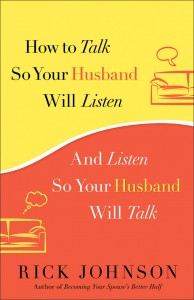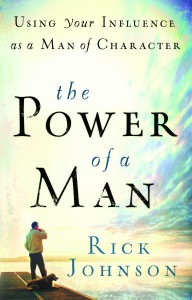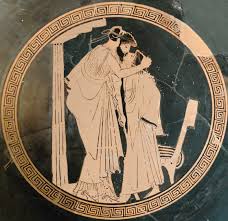Did you ever wonder why you were attracted to the person you were, and why they were attracted to you? Not only that, but remember how exciting it was when you first met your spouse-to-be? Life was fun and you felt alive! What was that all about?
Harville Hendrix, in his classic book Getting the Love You Want, explains what happens during the attraction phase of a relationship:
The brain releases dopamine and norepinephrine, two of the body’s many neurotransmitters. These neurotransmitters help contribute to a rosy outlook on life, a rapid pulse, increased energy, and a sense of heightened perception. During this phase, when lovers want to be together every moment of the day, the brain increases its production of endorphins and enkephalins, natural narcotics, enhancing a person’s sense of security and comfort.
Most lovers report going through phases where they feel that they have always known the other person (even when having just met), that they are easy to talk to, and that they couldn’t live without them. Hendrix purports that when we meet someone having the negative characteristics that remind us of our parents or childhood caretakers, a portion of our brain is unconsciously and instinctively attracted to that person as a way of trying to “go back” and get certain basic needs met that were not fulfilled during childhood. The unconscious mind is trying to repair our wounds by attracting us to people who have the same compilation of bad characteristics as those who wounded us in childhood.
One reason we feel so good at the beginning of a relationship is that part of our brain believes we have finally been given a chance to be nurtured and become whole again—the way God created us. This may work out great, or it may result in disaster, as neither us nor our mates are conscious of this desire to get these needs met. The greater the damage done during childhood, the needier and more dramatic our desire for fulfillment becomes. And since that person is not the offending parent, they will probably not be able to fill that void left over from childhood.
During courtship, this unconscious drive in our brain frequently causes us to be in denial regarding many of the negative traits of our mate-to-be. Because that need for wholeness is so powerful, we are tempted to overlook or even deny the existence of characteristics that later on tend to annoy us. They seemed cute at the time but drive us crazy once the bloom of romance has worn thin.
Additionally, have you ever noticed that most people marry someone with the opposite qualities and characteristics they have? For instance, if someone is introverted, they generally marry a person who is an extrovert. Someone who is messy frequently marries a person who is highly organized. This is because during childhood, certain traits or facets of our psyche and personality are unhealthily repressed, denied, or lost, creating a false self-image or at least a partial psyche that we present to the world and even to ourselves. So when we meet someone who possesses those traits we have repressed or lost, we are naturally drawn to them as a way of vicariously attempting to regain our wholeness. We feel comfortable, for that person’s strengths round out our being, and thus we are drawn to them.
Realizing this can benefit both partners and the relationship. The problem comes when both partners expect and need the other to fix their needs, but neither knows what those needs are or how to meet them.
But a healthy marriage can heal our wounds and help bring us to wholeness. Drs. Les and Leslie Parrott say, “Wholeness is found in an interdependent relationship, in which two people with self-respect and dignity make a commitment to nurture his or her own spiritual growth, as well as his or her partner’s.”
Cherish your differences—they are strengths in your relationship, not weaknesses. Learn to accept the fact that your spouse’s strengths probably compensate for your weaknesses and vice versa. Together, as a team, you are stronger than your individual parts.
Excerpted from Becoming Your Spouse’s Better Half: Why Differences make a Marriage Great, by Rick Johnson, Revell Publishing, 2010












